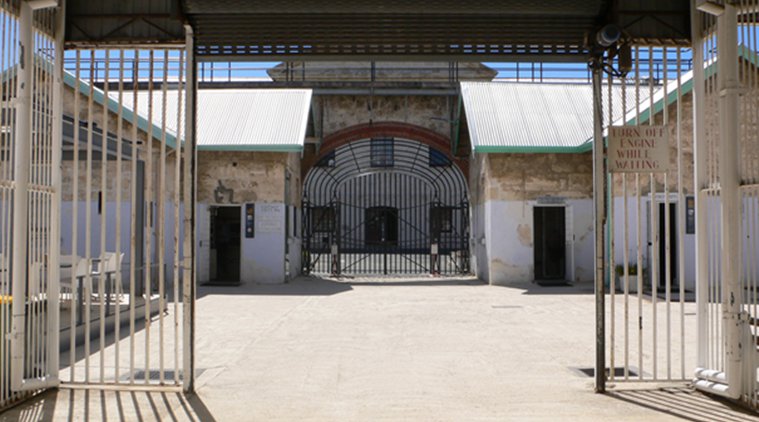For a long time now, it has seemed as if convicted criminals sentenced to life imprisonment are released after 14 years. In India, the common perception is that a life sentence doesn’t actually mean till the end of one’s life.
However, this isn’t actually true. So what are the facts of the matter?

In 2012, Supreme Court advocate Virag Gupta clarified that a life sentence implies the convict will be in prison till the end of his or her life. He said,
It appears to us there is a misconception that a prisoner serving a life sentence has an indefeasible right to be released on completion of either fourteen years or twenty years imprisonment. The prisoner has no such right.

The 14 year misconception comes from the fact that there is a provision for remission in the Code of Criminal Procedure. The state government can consider releasing someone on remission if they have fulfilled certain conditions, one of which is completing the minimum required term of 14 years.
This provision is so widely used that there is a common belief that life imprisonment actually means 14 years.

In reality, the state government decides whether the convict will stay in jail for 14 years, 20 years, 30 years, or a lifetime. The length of sentence is decided keeping in mind the person’s behaviour, health, and family situation during the conviction. To reduce the period of incarceration, a specific order under Section 432 of the CrPC has to be passed. However, the reduced period cannot be less than 14 years as per Section 433-A of the CrPC.

















